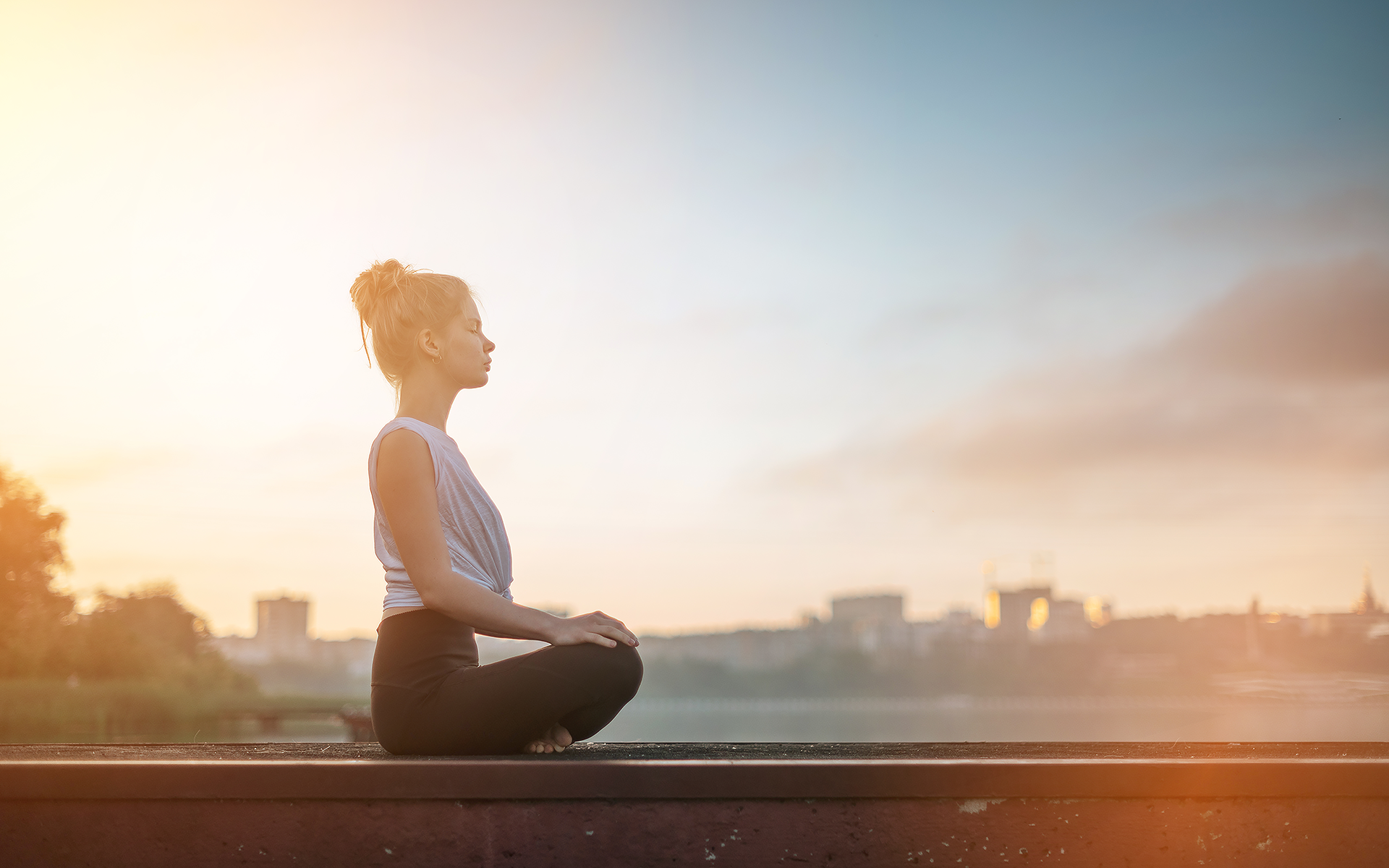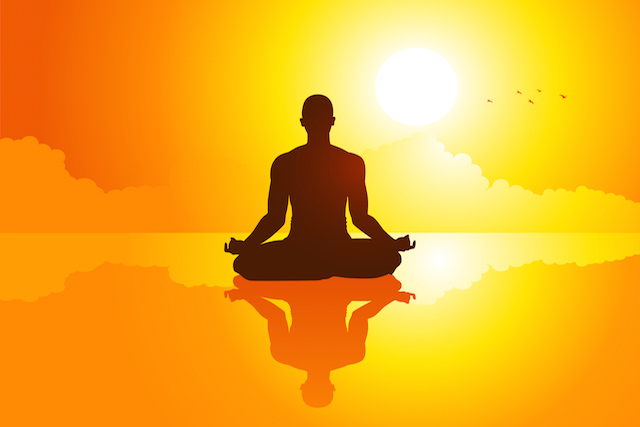Our basic interest e-newsletter keeps you approximately date on a variety of health topics.
Register now Meditation: An easy, quick method to lower tension
Meditation can clean away the day's tension, bringing with it inner peace. See how you can easily learn to practice meditation whenever you need it most.
By Mayo Clinic Staff If stress has you anxious, tense and concerned, consider attempting meditation. Investing even a couple of minutes in meditation can restore your calm and inner peace.
Anybody can practice meditation. It's basic and low-cost, and it does not need any unique devices. And you can practice meditation any place you are-- whether you're out for a walk, riding the bus, waiting at the medical professional's workplace or perhaps in the middle of a difficult business conference.
Comprehending meditation Meditation has actually been practiced for thousands of years. Meditation originally was meant to help deepen understanding of the sacred and magical forces of life. Nowadays, meditation is frequently utilized for relaxation and tension decrease.
Meditation is thought about a type of mind-body complementary medicine. Meditation can produce a deep state of relaxation and a peaceful mind. During meditation, you focus your attention and eliminate the stream of jumbled thoughts that may be crowding your mind and causing stress. This process may lead to boosted physical and psychological wellness.
Advantages of meditation Meditation can offer you a sense of calm, peace and balance that can benefit both youremotional wellness and your total health.
And these advantages do not end when your meditation session ends. Meditation can assist bring you more calmly through your day and may help you manage symptoms of certain medical conditions.
Meditation and emotional well-being When you meditate, you might eliminate the details overload that develops every day and adds to your stress.
The emotional benefits of meditation can include:
Meditation and illness Meditation might likewise be beneficial if you have a medical condition, specifically one that might be aggravated by stress. While a growing body of scientific research supports the health advantages of meditation, some scientists think it's not yet possible to draw conclusions about the possible benefits of meditation. With that in mind, some research recommends that meditation might help people manage signs of conditions such as:
Make certain to speak with your healthcare service provider about the pros and cons of using meditation if you have any of these conditions or other health issue.

In many cases, meditation can intensify symptoms associated with particular psychological and physical health conditions.
Meditation isn't a replacement for conventional medical treatment. But it might be a beneficial addition to your other treatment. Types of meditation
Meditation is an umbrella term for the many methods to an unwinded state of being. There are many types of meditation and relaxation strategies that have meditation elements. All share the same objective of accomplishing inner peace. Ways to meditate can include:
Assisted meditation. In some cases called guided imagery or visualization, with this approach of meditation you form mental images of locations or scenarios you find relaxing.
You try to utilize as numerous senses as possible, such as smells, sights, sounds and textures. You might be led through this process by a guide or teacher.
Mantra meditation. In this kind of meditation, you quietly repeat a relaxing word, thought or expression to avoid distracting ideas. Mindfulness meditation. This type of meditation is based on being conscious, or having an increased awareness and approval of living in today moment.
In mindfulness meditation, you widen your conscious awareness. You concentrate on what you experience Meditation throughout meditation, such as the flow of your breath. You can observe your ideas and emotions, however let them pass without judgment. Qi gong. This practice normally combines meditation, relaxation, physical motion and breathing exercises to bring back and preserve balance. Qi gong (CHEE-gung) is part of standard Chinese medicine. Tai chi. This is a kind of mild Chinese martial arts. In tai chi (TIE-CHEE), you perform a self-paced series of postures or motions in a slow, elegant manner while practicing deep breathing.
Transcendental Meditation ®. Transcendental Meditation is a basic, natural method. In Transcendental Meditation, you silently duplicate a personally assigned mantra, such as a word, noise or phrase, in a particular way. This kind of meditation may permit your body to settle into a state of extensive rest and relaxation and your mind to achieve a state of inner peace, without requiring to use concentration or effort. Yoga. You carry out a series of postures and controlled breathing workouts to promote a more flexible body and a calm mind. As you move through postures that require balance and concentration, you're motivated to focus less on your busy day and more on the minute.

Different kinds of meditation may consist of different functions to help you meditate. These may differ depending on whose assistance you follow or who's teaching a class. Some of the most typical features in meditation consist of: Focused attention. Focusing your attention is normally one of the most essential elements of meditation.
Focusing your attention is what assists free your mind from the numerous diversions that cause tension and worry. You can focus your attention on such things as a particular object, an image, a mantra, and even your breathing. Relaxed breathing. This method includes deep, even-paced breathing using the diaphragm muscle to broaden your lungs. The function is to slow your breathing, take in more oxygen, and decrease the usage of shoulder, neck and upper chest muscles while breathing so that you breathe more efficiently. A quiet setting. If you're a newbie, practicing meditation may be simpler if you remain in a quiet area with few interruptions, consisting of no television, radios or mobile phones.
As you get more knowledgeable at meditation, you may have the ability to do it anywhere, especially in high-stress circumstances where you benefit the most from meditation, such as a traffic congestion, a stressful work conference or a long line at the grocery shop. A comfortable position. You can practice meditation whether you're sitting, resting, strolling, or in other positions or activities. Just try to be comfy so that you can get the most out of your meditation. Goal to keep good posture during meditation. Open mindset. Let thoughts pass through your mind without judgment.